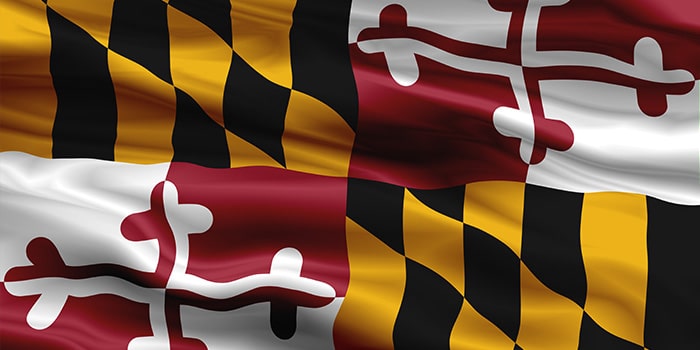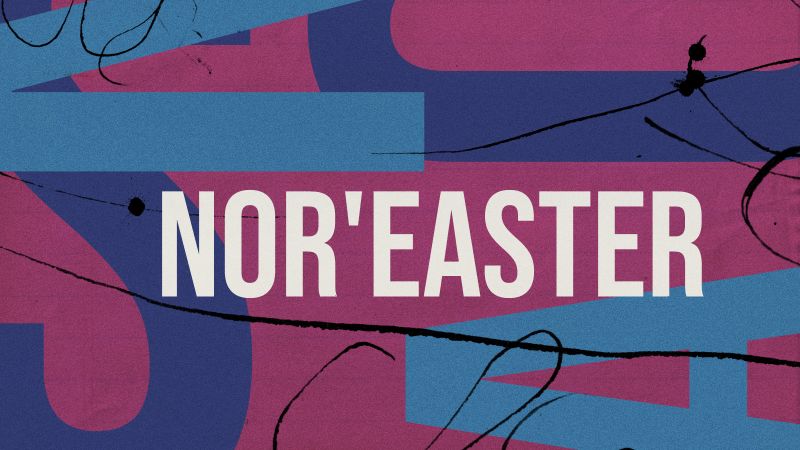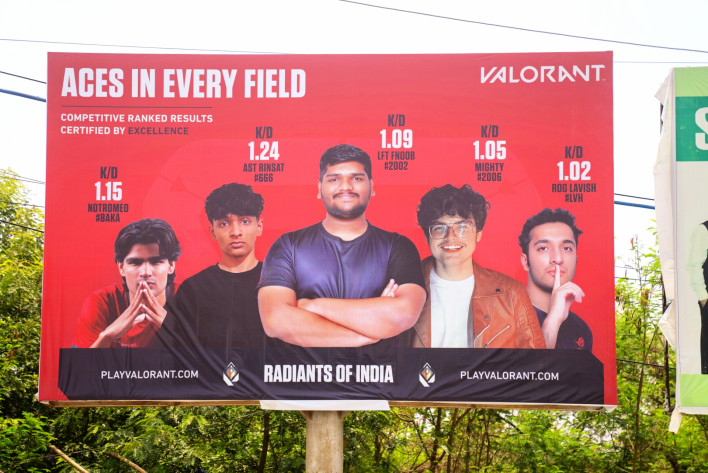The Maryland Lottery and Gaming Control Agency (MLGCA) has escalated its efforts to regulate unlicensed sweepstakes casinos and prediction markets. This move indicates a robust stance against operators evading gambling laws in the state. The agency has issued a warning to regulated sportsbooks, stating that any attempt to expand into prediction markets may jeopardize their licenses.
Increased Enforcement Against Sweepstakes Casinos
Recently, the MLGCA delivered a second cease-and-desist order to subsidiaries of Virtual Gaming Worlds (VGW), specifically targeting Lucky Land Slots and Chumba Casino. The regulator contends that these operators are providing illegal online gaming services within Maryland. This latest notice follows an initial cease-and-desist order issued on March 17, 2024, which stipulated that Maryland only permits online sports betting and mobile fantasy contests. According to the MLGCA, any online casino gambling, regardless of its branding—be it a sweepstake or social gaming—is prohibited in the state.
As VGW lacks the necessary licenses for sports wagering, casino gaming, or fantasy contests in Maryland, the agency believes the brands have violated state laws. They have a deadline of ten days to respond to the notice and clarify whether they have offered any illegal services. The MLGCA has also indicated that failure to cease all gambling-related offerings could hinder any future licensing opportunities in Maryland.
Focus on Prediction Markets
The MLGCA’s scrutiny is not limited to sweepstakes casinos. The agency has also turned its attention to prediction markets, which are gaining traction among sports betting operators. Maryland has now become the eighth jurisdiction in the United States to caution operators that engaging in or partnering with prediction markets can result in license revocation. The regulator emphasized that conducting prediction markets without a Maryland sports wagering license constitutes illegal sports wagering.
Significantly, the MLGCA warned that participating in prediction markets in other jurisdictions could have adverse effects on operators’ licenses in Maryland. This warning comes as major companies like FanDuel, DraftKings, and Fanatics show interest in entering the prediction market space.
Maryland’s regulatory stance is also intertwined with its ongoing legal dispute with the prediction platform Kalshi. In April, the state mandated Kalshi to cease operations, which prompted the company to file a lawsuit. The case is currently pending in the Fourth Circuit court, where an initial order to halt operations has been placed, although both parties have agreed to maintain the current status until the conclusion of the appeal.
As Maryland continues to navigate the complexities of gambling regulation, its actions reflect a growing resolve to ensure compliance and protect consumers from unlicensed operators. The outcome of these regulatory efforts may shape the future landscape of both sweepstakes casinos and prediction markets in the state.







